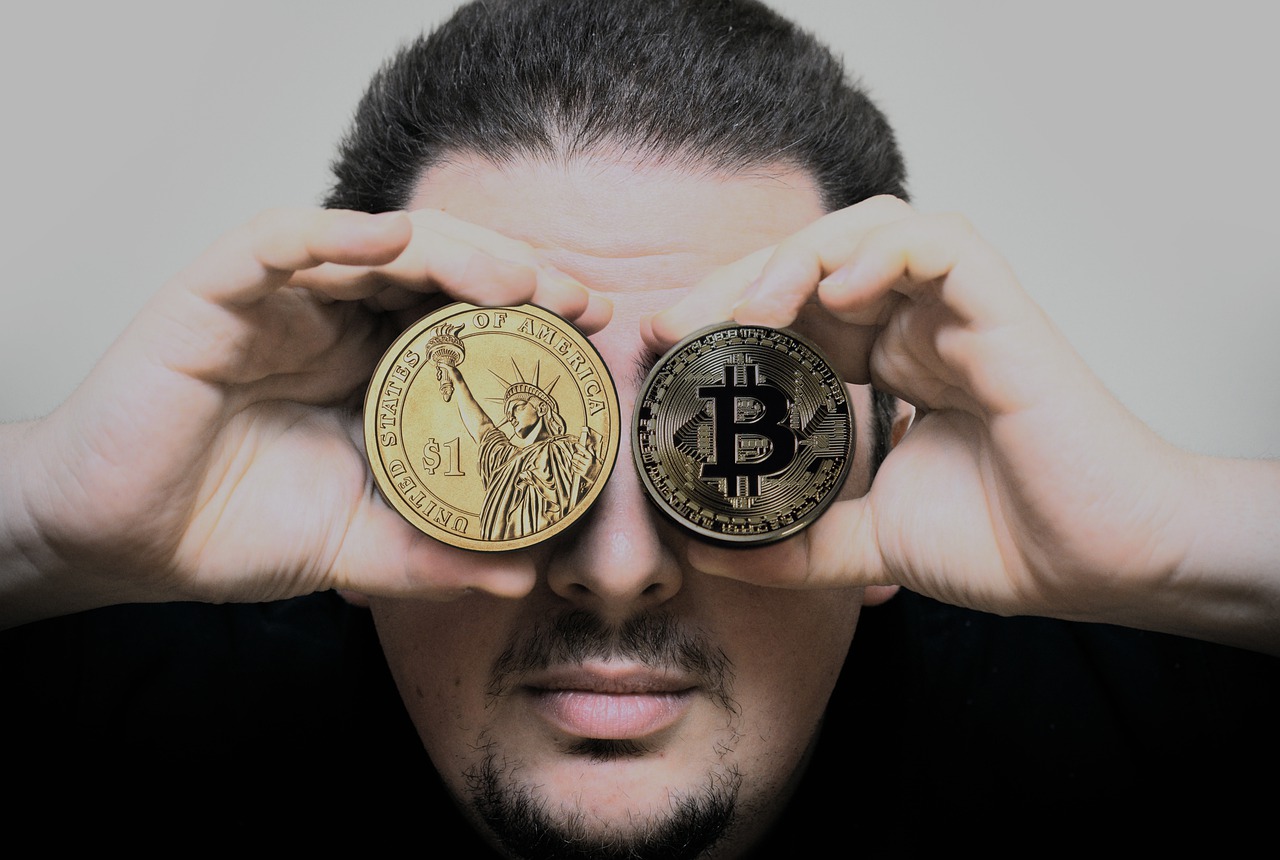Coinbase Ventures is not a company: it has no fixed fund size or full-time staff.
Coinbase CEO: Coinbase Ventures could be a Trillion-dollar Market cap Opportunity
Take a look at the busiest U.S. investors in cryptocurrency startups this year. Among investment firms like Digital Currency Group, Pantera Capital, Blockchain Capital and Andreessen Horowitz, You'll find Coinbase Ventures. What's the big difference between Coinbase Ventures and those companies? Coinbase Ventures is not a company at all: it has no fixed fund size and zero full-time employees.
According to Coinbase president and CHIEF operating Officer Emilie Choi, it's by design -- and a testament to the decentralized future of finance that Coinbase hopes to help deliver.
Coinbase Ventures has backed more than 150 companies in its three years of existence, and its portfolio of well-known companies comes from across the crypto ecosystem, Examples include well-funded but regulation-challenged BlockFi, OpenSea, the marketplace for irreplaceable tokens (NFT), digital collectibles maker Dapper Labs, blockchain startup StarkWare, It recently raised money for its crypto tax software, TaxBit, at a valuation of $1.3 billion.
Unlike some other corporate investors, Coinbase's venture capital does not come from a dedicated fund, but from its balance sheet. The company writes checks for $50,000 to $250,000 in the seed round and will write larger checks later if necessary. Due to high volume and a lack of dedicated staff, Coinbase Ventures prefers to join a round led by another venture capital firm rather than take a board seat.
"I have to imagine that we're the only ones doing this. It's almost like our little secret." Choi said.
Coinbase Ventures was founded in 2018 after Choi joined the company in March as head of corporate development after eight years at LinkedIn in that function. In a meeting with co-founder and CEO Brian Armstrong, Choi said she took the job in part because Coinbase was willing to actively consider acquisitions while still a private company. "I'm usually skeptical about corporate development in late-stage startups," Choi said. "Everyone says they want to do m&a, but they don't, they just think they do."
By April 2018, Choi thought Coinbase should start a program to invest in other crypto startups. Such a move isn't necessarily surprising, given that exchange co-founder Fred Ehrsam left the previous year to co-found Paradigm, a crypto-focused venture capital firm. Coinbase also maintains close relationships with its own investors, including Union Square Ventures and Andreessen Horowitz. But the firm doesn't have any venture capital professionals. As a cryptocurrency exchange, it could also face concerns about favoritism to the projects it supports.
After Choi tracked down Armstrong, his answer was simple. Within 24 hours, Choi drafted a mission statement for Coinbase Ventures in a public format and released it.
But that doesn't mean Choi, who rose to become Chief operating officer and president of Coinbase, is on a hiring spree. Coinbase employees, many of whom work in corporate development (more focused on acquisitions or large partnerships) but also include product and coverage teams, as well as other divisions, communicate through dedicated Slack channels. "We thought, we're just going to take the resources that exist today and develop it." "It's a labor of love," Choi said. "We just work nights and weekends."
While Coinbase often co-invests with experts it knows at venture capital firms, many of its potential deals come from employees' activities in the broader crypto ecosystem. Many were Coinbase employees who started their own businesses. "There are some amazing mechanisms behind the traditional vc ecosystem. We use Google Docs." Choi said.
Messari is a startup that offers data insights about crypto assets and aspires to be a crypto company like Bloomberg. CEO Ryan Selkis said Coinbase was already a key customer and partner before investing in his company. The company's insights have been critical to the design of its enterprise-class asset monitoring service, which is now Messari's multimillion-dollar subscription business with more than 300 customers. Having Coinbase's investment helps ensure the startup stays friendly with the larger company, according to the company's CEO.
Coinbase Ventures did not make any contractual commitments for strategic help, Choi said: "I've seen that commitment fail over and over again." But Selkis says he believes such help will continue to come. "They're like the 800-pound gorilla of the U.S. crypto ecosystem, and they have a lot of different moving parts," he said. "Through our early bet on them as a partner, we know there could be multiple ways to work with Coinbase in the future."
Coinbase has acquired several startups it has invested in, notably Bison Trails, which it swallowed in January. At Coinbase, Choi called such a move a "nice benefit," but not the main goal of the investment.
Choi said Coinbase is willing to invest in startups that compete with its products. He said Coinbase sees the expanding category more as a rising tide rather than a winner-takes-all situation.
Coinbase, which reported earnings last week, declined to provide financial returns on its venture investments so far. Mr Choi said the company did track performance as a factor and the early returns looked "incredible".
Without data to back it up, such claims should be treated with caution. But Choi is willing to throw up a bigger number: "Coinbase Ventures could be a trillion-dollar market cap opportunity."
